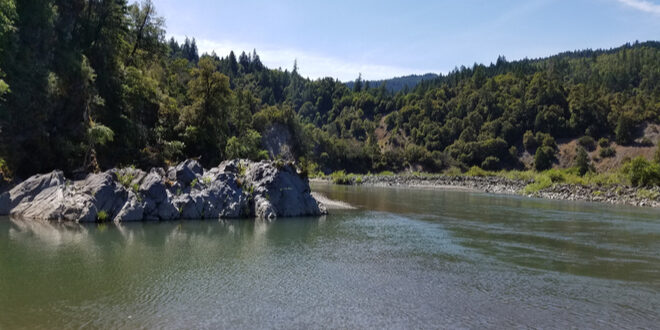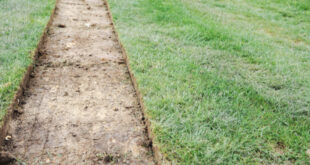Last week the Bureau of Reclamation announced the selection of five grant recipients for watershed improvement projects as part of the Trinity River Restoration Program. The projects will help reduce fine sediment runoff into the Trinity River and improve fish habitat and passage in Trinity River tributaries.
“Reclamation is pleased to make these awards and draw on the expertise of our partners to carry out this important restoration work in the Trinity River Basin,” said Trinity River Restoration Program Executive Director Dr. Mike Dixon. “We are committed to working collaboratively to help restore, maintain and improve salmon rearing and spawning habitat.”
The recipients, selected by Reclamation through a competitive process, are:
Trinity County Resource Conservation District – $44,952
The Trinity County Resource Conservation District will implement the Mainstem and South Fork Trinity Road Decommissioning Project to permanently remove the controllable sediment from waterways, reshaping the area to a pre-road condition. This work will remove fine sediment delivery risks to anadromous fishery habitat and create 1,000 linear feet of aquatic habitat and improve hydrologic connectivity.
Watershed Research and Training Center – $44,709
The Watershed Research and Training Center will implement the Tule Creek Fish Passage Improvement Project to remove a barrier to fish passage on West Tule Creek, increase the available cool water habitat 1.5 miles upstream of the barrier for steelhead and Chinook salmon, and potentially allow more water volume to stay in the stream contributing to decreasing stream temperatures.
Nor Rel Muk Wintu Nation – $156,619
The Nor Rel Muk Wintu Nation will initiate a Weaver Creek Restoration Planning Project to acquire additional funding to design, plan, and obtain the necessary environmental permits required to implement a fish habitat project on Weaver Creek.
Northwest CA Resource Conservation & Development Council – $107,104
The Northwest CA Resource Conservation and Development Council will implement Carr Fire Recovery efforts in Deadwood Creek. The project will significantly reduce the probability of road-sourced sediment from entering Deadwood Creek or its tributaries by implementing sediment stabilization treatments. The project work will help ensure that erosion following the Carr Fire does not bury spawning and rearing habitat and will help protect habitat connectivity.
Hoopa Valley Tribe – $183,124
The Hoopa Valley Tribe will implement the Lower Supply Creek Project to improve floodplain connectivity in lower Supply Creek and allow juvenile salmonids access to complex off-channel winter rearing habitat.
“The Trinity River Watershed Grants Program has been absolutely essential for developing vital restoration projects in the basin,” said Joshua Smith, Watershed and Fisheries Program Director with the Watershed Research and Training Center. “Without the program many of the essential tributaries to the Trinity River would not be able to compete to acquire the funds necessary to restore their health. The program has been indispensable in providing matching funds and building synergy that have led to the procurement of other state and federal grant opportunities. Furthermore, the Trinity River Restoration Program has leant technical analysis capabilities and helped build collaborative opportunities that have greatly improved our ability to develop a number of innovative projects in the Trinity River Watershed.”
The projects are being implemented in accordance with the Central Valley Project Improvement Act and the 2000 Record of Decision for the Trinity River. For additional information, visit https://www.trrp.net/.
 California Water News Daily Your Source For Water News in California
California Water News Daily Your Source For Water News in California


